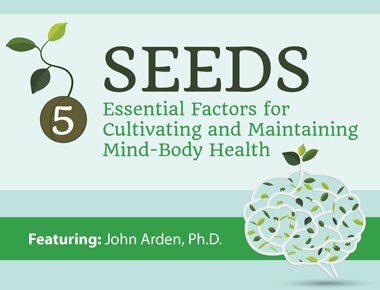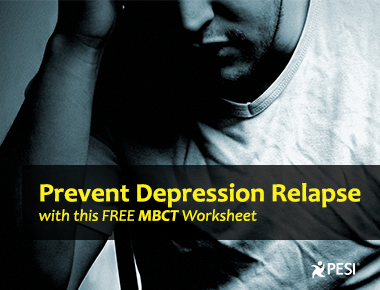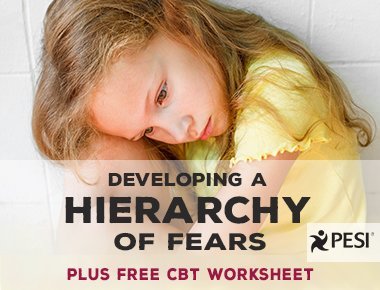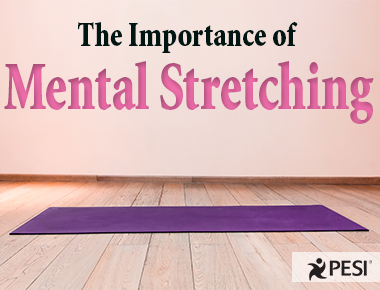Blogs and Free Resources
Here at PESI, our mission is to provide professionals like you with FREE practical and valuable tools, strategies,
and resources to assist with the great work you do. Find expert tips, helpful worksheets, demonstration videos, CE, news,
and more here. Happy learning!

Five lifestyle factors that can help clients make progress faster
How the acronym “SEEDS” can improve emotional stability, cognitive function, and resilience.
Are you missing the big picture? Learn how five simple lifestyle changes can help treat trauma, anxiety, and depression.

PESI Book Club: July 2019
Check out this month's new releases and free worksheets!
Looking for some summer reads and new resources? We've got you covered!

5 Free Resources for Teachers
We're celebrating the start of a new school year by offering teachers FIVE of our best school-and teaching-related worksheets and videos...for FREE!
Be sure to share these free activities with all your teacher friends and family!

5 Ways to Help Your Client Break Their Depression Cycle
FREE Depression Relapse Prevention Worksheet
Richard Sears, Psy.D, Ph.D., MBA, ABPP, and the PESI team share helpful tips for depression recovery and relapse prevention.

Rewire the Anxious Brain
Don't approach treatment with one hand tied behind your back!
Anxiety disorders are some of the most common difficulties we deal with as therapist, but most of us are approaching treatment with one hand tied behind our back.
That's why Catherine Pittman, PH.D., HSPP created this FREE worksheet Identifying Anxiety-Igniting Thoughts to help your clients find relief faster.

Developing a Hierarchy of Fears With Your Client
A helpful way to prioritize what is impacting your client. Plus, a FREE CBT worksheet!
Children and adolescents may experience periods of increased anxiety – teaching them coping skills can help reduce symptoms and allow the client to move on. Developing a hierarchy of fears or anxiety can help and here’s how.

3 Concerning Messages about the Netflix series, Insatiable
Plus, 3 Tips to talk to your clients about the new series.
There's been an outcry against the new Netflix series, Insatiable. Judith Matz a clinical social worker and author shares 3 concerning messages the series sends and tips to address these issues with your clients.

Calm Your Mind
FREE Video & Infographic
When your clients are agitated or distracted, use this simple CALM whole-body method to help them regulate their mind and body, so they can focus on the work necessary for healing.

The Importance of Mental Stretching
FREE printable worksheet!
Warm-ups can be considered “mental stretching.” They are usually five to ten minutes in length and help clients become familiar with drawing, self-expression and communicating with others

How to Develop a Safety Plan with Suicidal Clients
A Process of Inquiry That Promotes Empathic Connection
Effective suicide assessments are built on a foundation of empathic connection. When clients feel heard, understood, and respected, they’re likelier to let down their guard and explore sensitive topics.



